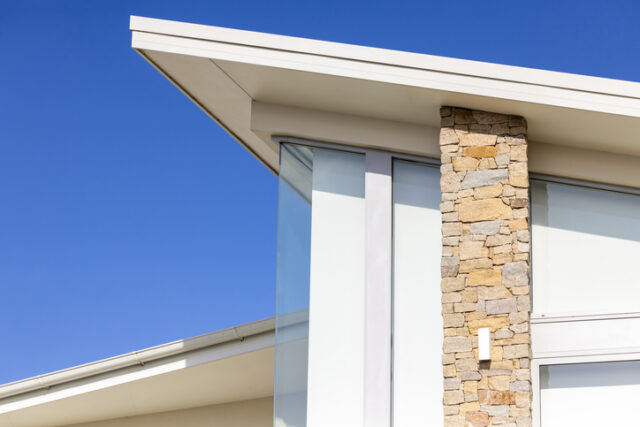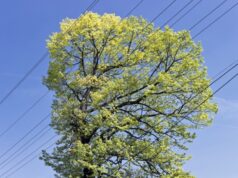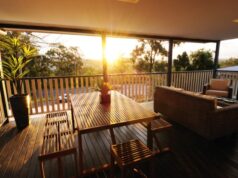
Windows are often one of the least frequently replaced features in a home. This makes it essential to select windows that meet current building regulations and will perform well over time when building or renovating. Choosing windows that are non compliant or unsuitable for the climate can affect the appearance and comfort of your home and lead to higher energy and maintenance costs over the long term.
By understanding the latest regulatory requirements and performance standards you can make informed choices that ensure your windows provide lasting durability energy efficiency and compliance with the National Construction Code.





